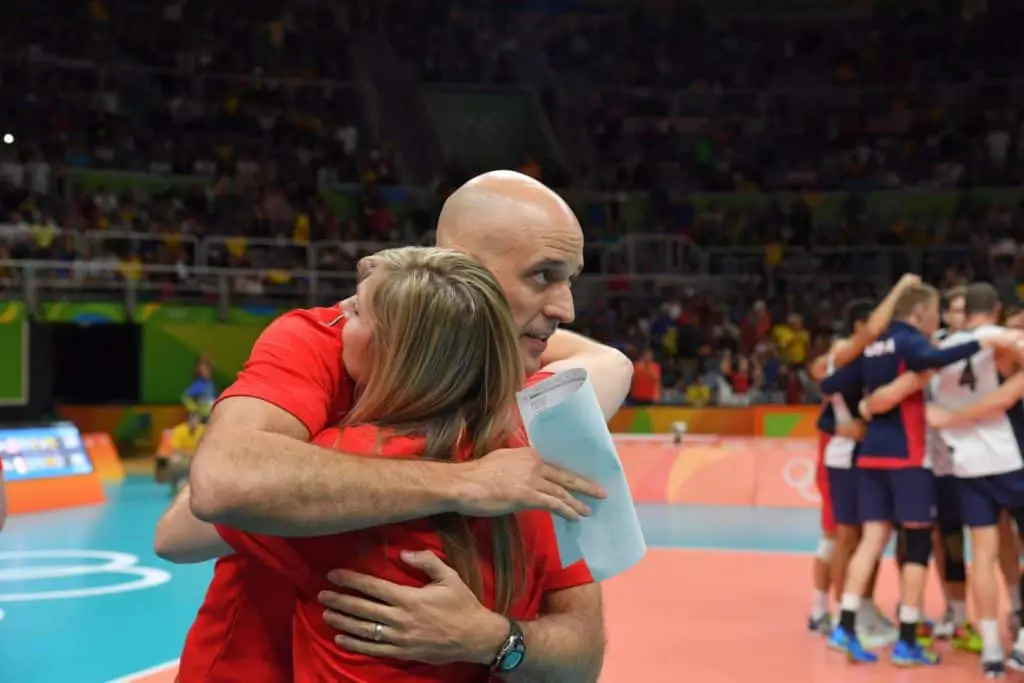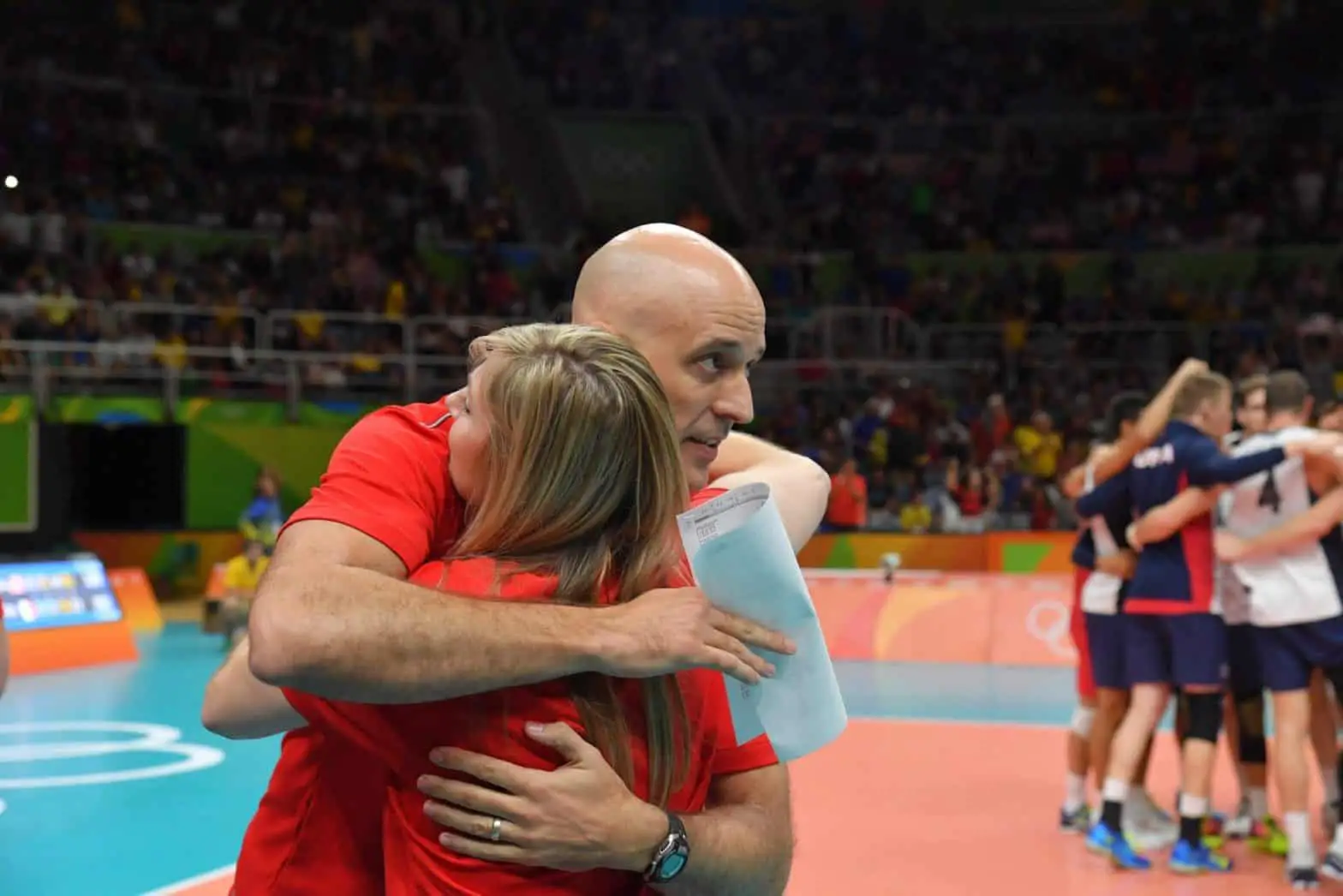
Imagery and Sport Psychology
Sports psychologists often assist athletes in creating an imagery practice as a means of building their mental toolbox. Imagination, or imagery practice, is a powerful way to enhance a sports performance because it recruits various senses. It is the senses of sight, sound, smell, touch, taste, and vision that create the emotional hooks necessary for an efficient mental movie. The more senses you are able to incorporate into an imagery session, the more powerful the image will work in your favor during competition. For example, a basketball player can create a voice recorded 1-minute free throw visualization program on her smartphone for daily use. Here is an example of a multi-sensory imagery recording:
*This post may contain affiliate links. As an Amazon Associate we earn from qualifying purchases.
“I stand ready at the free throw line. I take a deep breath. I am relaxed. The ball is bounced to me and I hear the bounce. I dribble 3 times. I place my finger on the groove. In my mind, I visualize a swish. I made the free throw. I look at the back of the rim. Set my legs. Set my elbow. Release the ball with a perfect backspin. Swish.”
Every day, when she listens to this recording and then practices her routine she is aligning her imagination with her outcome. It is a powerful mental tool that can have a major impact on performance.
Studies have proven time and time again, that regular use of imagery improves muscle memory and sport-specific skills faster than actual training. Combine mental and physical training and an athlete gains a competitive edge.
To see the most popular books on sports physchology just click here.
 Athletics Weekly recently posted an article about imagery written by Steven Roy Mann, who is a sports psychologist and Martial Arts teacher:
Athletics Weekly recently posted an article about imagery written by Steven Roy Mann, who is a sports psychologist and Martial Arts teacher:
“Imagery is one of the greatest tools used in sports psychology to enhance performance. This is done by enhancing motor skills and muscle memory and it is also used for motivation. Studies have found that practicing imagery, along with regular training, enhances muscle memory and sports skills faster and further than regular training alone. In a competitive world where only the slightest improvement can be the difference between a champion and a runner-up, we need to take all the opportunities that we can to become elite at what we do.
So the question is, how exactly do we as athletes tap into this potential which helps us to excel further? Visualization and mental imagery are easier than you think, but it still requires training before it can be useful.
Mann goes on to explain that 2 factors are important to imagery:
- Controllability: Recreating your sport in a few situations
- Vividness: Use as many senses as possible to engage more brain and nerve cells.
Mann says that imagery should be done in 3 specific ways:
1. Daily: Only 5 minutes per day.
2. Pre-competition
3. Post-competition

This is a productive way to gain a competitive edge and it is easy to do with the use of your smartphone. So get started today and create your visual practice!
If you are interested in pursuing a career in sports psychology then there are several options. First, be aware that in order to call yourself a psychologist of any type you must have a Ph.D. in psychology and be licensed in the state where you practice. Second, you can pursue doctorate work in sports psychology. You should determine if you want a Master’s degree in the field or a doctoral degree. There are differences in what services you can offer athletes depending on your degree. The website hosted by Association for Applied Sports Psychology (AASP) also lists tips for pursuing your interests in the field.

